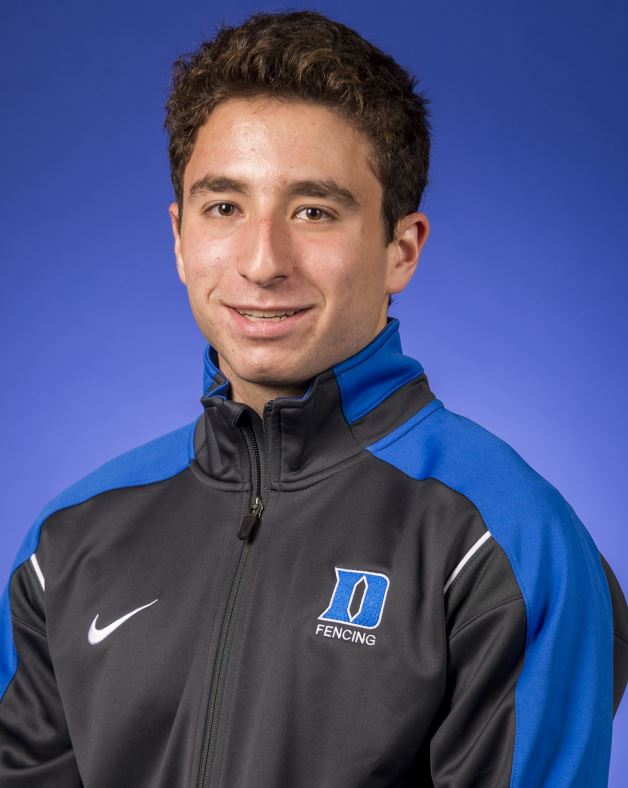
Sadly, but unsurprisingly, UNC Chapel Hill’s campus has once again been plagued with anti-Zionist and antisemitic rhetoric.
UNC Chapel Hill’s SJP (Students for Justice in Palestine) chapter just announced their plan to boycott yet another Israeli-related activity—this time, a free spring-break trip to Israel from March 6-15, and has released a detailed manifesto that spells out their misguided views. The Duke University SJP chapter has endorsed this boycott of the UNC “Perspectives” trip to “stand in solidarity with our UNC brothers and sisters in their struggle against Palestinian erasure.”
This is just another example of SJP’s anti-normalization campaign. They are extremists hiding on campuses who are opposed to any reconciliation with Israel and not interested in honest inquiry.
SJP doesn’t want UNC student leaders involved in this trip because they fear that the lies they spew about Israel will be debunked. For example, in their manifesto, they claim that Israelis have “colonized Palestine” when, in fact, there has been a Jewish presence in Judea and Samaria for more than 2,200 years.
SJP makes the “blockades on Gaza” seem like unfair reactions to the political environment in these territories. Too many children have died at the hands of Palestinian terrorists who have been sent from both the West Bank and Hamas-occupied Gaza. It is clear in the Hamas charter that Jews are not welcomed on this Earth. It explicitly says, “The time will not come until Muslims will fight the Jews (and kill them); until the Jews hide behind rocks and trees.” Thousands of Israelis have died as a result of Palestinian terrorism, which has forced Israel into the position it finds itself in, contrary to SJP’s propaganda.
Additionally, SJP charges that the Jewish state engages in the “ethnic cleansing of Palestinians from their land.” Yet Israel welcomes Israeli Arabs into their society, allowing them similar rights as other citizens, including voting, forming parties and holding office in the Israel’s parliament, the Knesset.
Palestinians work in Israel, where wages are much higher. Israel sends monetary and medical aid to the West Bank and Gaza. In 1948, the Palestinian population numbered at around 1.9 million; in 2020, their population is more than 5 million. How can SJP claim that Israel is responsible for the ethnic cleansing of Palestinians if the population has almost quintupled in less than a century?
“SJP doesn’t want UNC student leaders involved in this trip because they fear that the lies they spew about Israel will be debunked.”
Not only does SJP propagate lies about Israel to justify their boycotts, but they charge that the trip’s funding source renders it beyond the pale. Apparently, the fact that the funding comes from the Maccabee Task Force, which is a group that combats antisemitism in the form of BDS, is enough to delegitimize the trip, whose goal it is to open the eyes of participants to both narratives by taking them to Jerusalem, Ramallah and Bethlehem. It seems hypocritical and even daring for SJP to criticize the funding of this event, given that the funding that the National Students for Justice in Palestine receives has been tied to terrorist organizations such as Hamas.
SJP has the audacity to demonize Jewish billionaire Sheldon Adelson (who was one of the main supporters of U.S. President Donald Trump’s campaign) for also donating to the Maccabee Task Force. However, funds that Adelson donates to Hillel for trips to Israel have nothing to do with his support for Trump’s campaign.
What SJP is doing here is committing an “appeal to authority” logical fallacy (e.g., “the trip is bad because the person funding it is bad”). Adelson is known to be a generous philanthropist who donates to cancer research and drug-addiction treatments: Does this mean that cancer research is bad? If the logic doesn’t work in that case, then the Maccabee Task Force shouldn’t be held to a different standard.
The goal of the “Perspectives” trip is to open the eyes of participants to the reality in this region; the fact that SJP doesn’t want people to see this reality indicates a dichotomy between what SJP claims is real, and what actually is. Prerequisites for this trip are various seminars and briefings aimed at broadening students’ minds, as well as engaging them in discussions and analyses of “difficult topics.” Participants will learn through “firsthand experiences and open discussion about the different people, cultures, and political opinions of Israelis and Palestinians.”
Now I have one thing to ask UNC Chapel Hill’s and Duke’s Students for Justice in Palestine chapters: Can you open your mind to a wide range of perspectives, or will you continue to propagate antisemitic tropes and anti-Israel lies?
Originally published in jns.org.
Contributed by 2019-2020 Duke University CAMERA Fellow Ben Stone.

